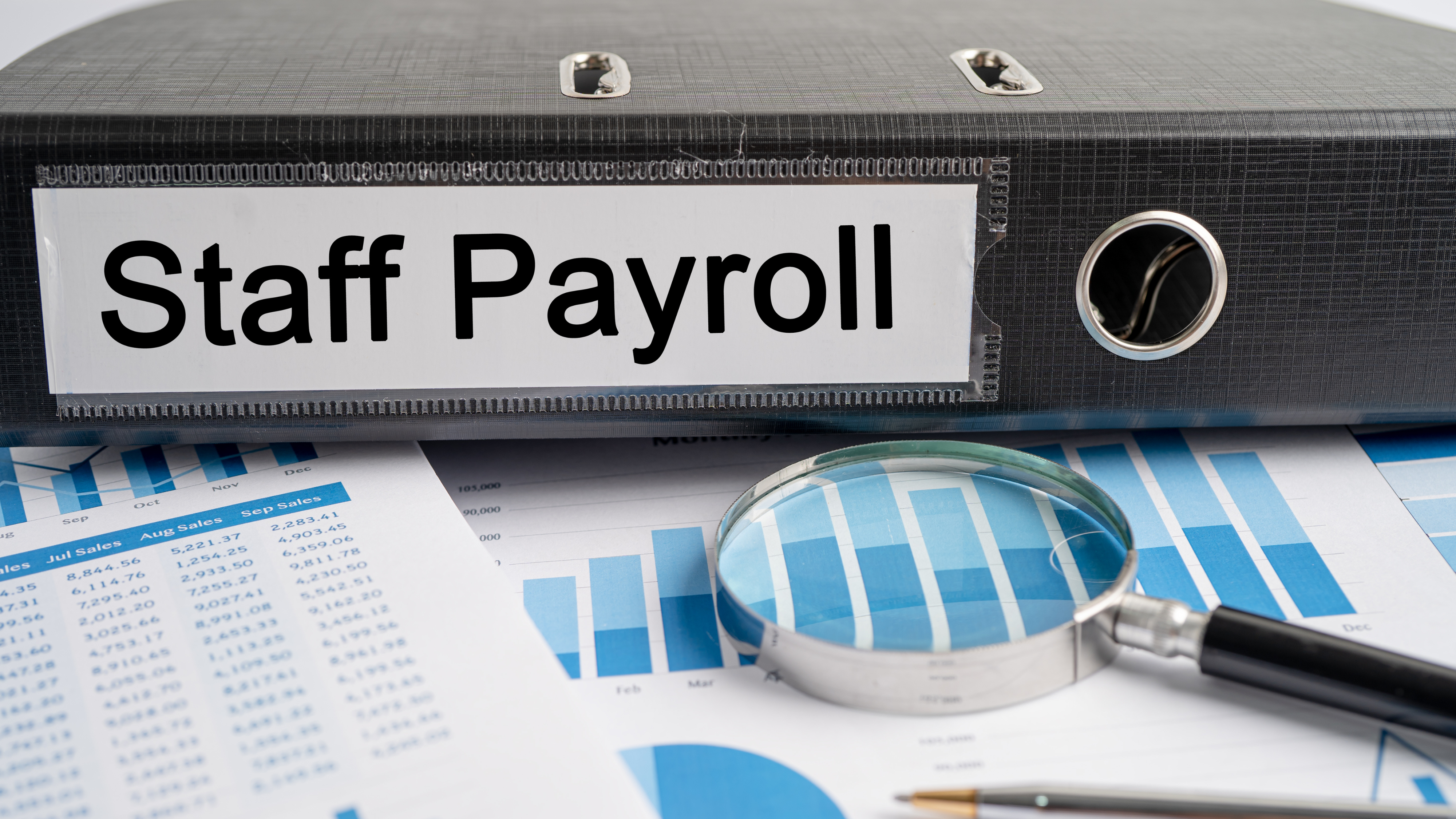Have you ever felt swamped with the dual challenges of patient care and financial policy management? No need to worry! In this guide, we’ll simplify the process by breaking it down into manageable steps, helping you navigate the financial side of running a successful GP practice with ease.

Unique Challenges for GP Practices:
After delving into the complex terrain of tax and accounting challenges encountered by General Practices, here are some of the unique hurdles:
NHS Funding and Income Streams:
The primary challenge for GP practices lies in their dependence on multiple funding sources, encompassing NHS contracts and private services. NHS funding typically comes through General Medical Services (GMS) or Personal Medical Service (PMS) contracts. Additional sources of income include:
– Dispensing medications
– Providing occupational health services
– Offering travel vaccinations
Accurately detailing these income streams necessitates expert knowledge of the healthcare industry. You can seek assistance from healthcare accountants who specialize in managing GP practice finances.
Specific Tax Reliefs and Allowances:
Not knowing tax reliefs also presents a challenge. However, the good news is that you are eligible for specific tax reliefs and allowances. These include the Annual Investment Allowance (AIA) for capital expenditure on equipment and premises improvements.
Additionally, there are reliefs available for your research and development (R&D) activities, which some practices can leverage for their benefit. These reliefs can significantly assist in your practice’s financial management and tax liability.
Superannuation and the NHS Pension Scheme:
Next, understanding superannuation and the NHS Pension Scheme is crucial for GP practice accounting in the UK. Precise calculation and reporting are necessary to avoid errors that could lead to penalties and increased liabilities. Furthermore, the NHS Pension Scheme is an intricate process that demands accurate management. A healthcare accountant’s expertise ensures that employee and employer contributions are accurately presented.
Recent Update to the NHS Pension Scheme:
Employer Contribution Rate Increase: Starting from April 2024, the employer contribution rate to the NHS Pension Scheme will increase to 23.7% of pensionable pay, up from the previous rate of 20.6% (NHS Employers). This change underscores the importance of precise calculation and reporting to avoid errors that could lead to penalties and increased liabilities.
Partnership Arrangements:
Many GP practices operate as partnerships, which add more accounting and tax challenges. Accurate profit allocation among partners, meticulous record-keeping and clear communication are essential in partnership arrangements. Personalized strategies are necessary to address varying tax positions and financial goals among partners.
Establishing Financial Policies:
Financial policies act as guiding principles that keep your practice operating in the right direction. Here are three crucial areas to consider when establishing financial policies.
- Patient Financial Responsibility: Clearly communicate payment expectations to your patients, whether they’re self-paying or covered by insurance. Make sure they understand what is expected upfront to prevent misunderstandings and build a friendly relationship. This transparency can lead to patient satisfaction and increased referrals, ultimately contributing to your practice’s growth.
- Fee Setting: Set your fees appropriately by considering factors like market prices, the cost of providing care and the value of your services. Transparent fee-setting is crucial because setting rates too high will drive patients away while setting rates too low can negatively impact your profitability. Research what others are charging and what works best for them, and then plan accordingly.
- Cash Flow Management: Take a closer look at your cash flow. Analyze your income, manage expenses and ensure you have enough funds to cover your operational costs. Budgeting and forecasting are essential tools for maintaining financial stability.

Monitoring Performance
Analyzing your performance is important for growth. Here’s How:
Key Performance Indicators (KPIs): These are like the health check-ups for your practice. They track metrics like patient satisfaction scores, appointment wait times and revenue per visit, providing insights into areas that need more improvement.
Lagging Indicators: These involve observing your past performance. Track metrics like operating cash flow, debtors and gross margin to evaluate your practice’s financial health.
Leading Indicators: These prepare you for future performance. Tracks metrics like leads, utilization percentage and bookings to anticipate changes and stay ahead of the game.
Establishing Your GP Practice
Setting a solid foundation for your GP practice is the first step towards your success. This involves selecting the right business structure and setting up appropriate financial systems.
- Business Structure
Choosing the right business structure for your GP practice is important. In the UK, the most common structures are partnerships, sole traders and limited companies. Seek advice from a medical accountant to determine the fit for your circumstances.
- Accounting Software
Consider investing in proven accounting software like FAS ERP to manage your practices’ finances proficiently. Look for customized features specifically for GP practices, such as appointment scheduling, patient billing, and payroll processing.
Tax Compliance and Planning
Compliance with tax regulations is necessary for GP practices. For this, you must be aware of the taxes applicable to your practice and plan accordingly.
National Insurance and Income Tax
Like other medical professionals, you are required to pay income tax and National Insurance on your earnings. Keep yourself safe from penalties by timely submission of your tax returns. HMRC emphasize the importance of maintaining accurate records and staying informed about changes in tax legislation to prevent costly mistakes.
VAT Registration
Look into whether your practice is required to register for VAT. Some of the medical services are exempt from VAT registration, while others are subject to the standard rate. Consult with a professional accountant to ensure you’re compliant with VAT regulations.
Recent update from HMRC: GP practices receive monthly NHS payments. Certain services, such as vaccinations, are VAT exempt, while others, like form completion, are subject to standard VAT.
Financial Management and Reporting
Regular financial management and reporting are key to the success of your GP practice. Here’s how to keep your finances well-organized:
Budgeting
Prepare budgets and cash flow forecasts to evaluate the financial performance. Regularly check these documents. For instance, if you plan to invest in new medical equipment to enhance patient care, creating a budget can help you allocate funds accordingly.
Management Accounts
Management accounts give a holistic view of profitability. You can analyze the detailed breakdown of income resources, such as income from NHS contracts and private services. Furthermore, incorporating comparative analysis over time allows you to identify trends and patterns.
Year-End Accounts
Year-end accounts are a legal requirement for all businesses, including GP practices operating in the UK. You must follow the guidelines outlined in the Companies Act 2006 and the Financial Reporting Standards (FRS) issued by the Financial Reporting Council (FRC).
Additionally, GP practices are required to submit their year-end accounts to Companies House within nine months of the end of their financial year to ensure compliance. Failure to meet this deadline can result in penalties and fines, underscoring the importance of timely and accurate financial reporting.
Payroll and Pensions
As a GP practice owner, effectively managing your payroll and pensions for your employees is pivotal. Ensure you are aware of the requirements and regulations governing these areas.

Payroll
Administering payroll for your employees can be challenging. Consider outsourcing your payroll services to maintain accuracy and compliance with HMRC regulations.
Pensions
As a GP practice owner, you must provide a workplace pension scheme for qualified employees. This is known as automatic enrolment, and it’s your legal responsibility to confirm that your staff are enrolled into a pension scheme and receive the correct contributions.
Auto-Enrolment
Auto-enrolment is a government initiative for increasing pension savings among the working population. As an employer, you must automatically enroll employees into a qualifying pension scheme and make contributions on their behalf.
NHS Pension Scheme
If your GP practice is part of the National Health Service (NHS), your employees may qualify for the NHS Pension Scheme. This comprehensive pension scheme provides a range of benefits, including retirement income and survivor benefits. Research the requirements and regulations governing the NHS Pension Scheme to ensure compliance.
Managing Pension Contributions
Handling pension contributions for your employees can be complex and time-consuming. You can collaborate with a payroll provider or accountant who assists you in managing pension contributions accurately and efficiently, ensuring that you meet your legal obligations.
Conclusion
You can never feel overwhelmed by managing practice finances if you follow the steps outlined above. Here’s to your continued success and prosperity as you apply your newfound financial knowledge to drive your practice forward. With determination and focus, the possibilities for your practice are limitless. Please feel free to contact us for further assistance.
